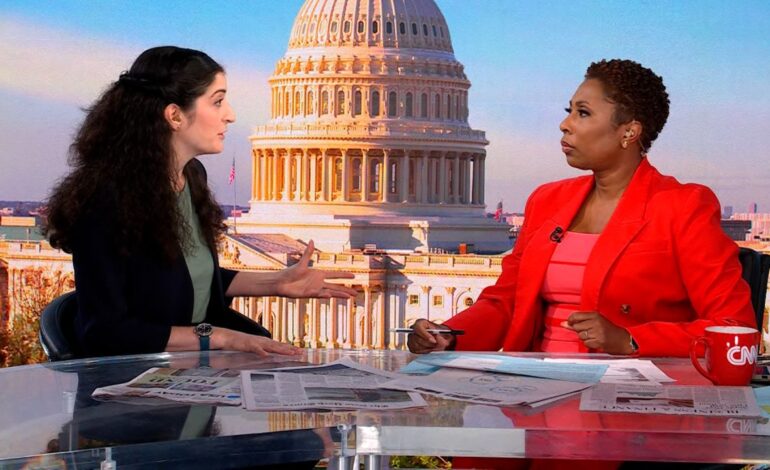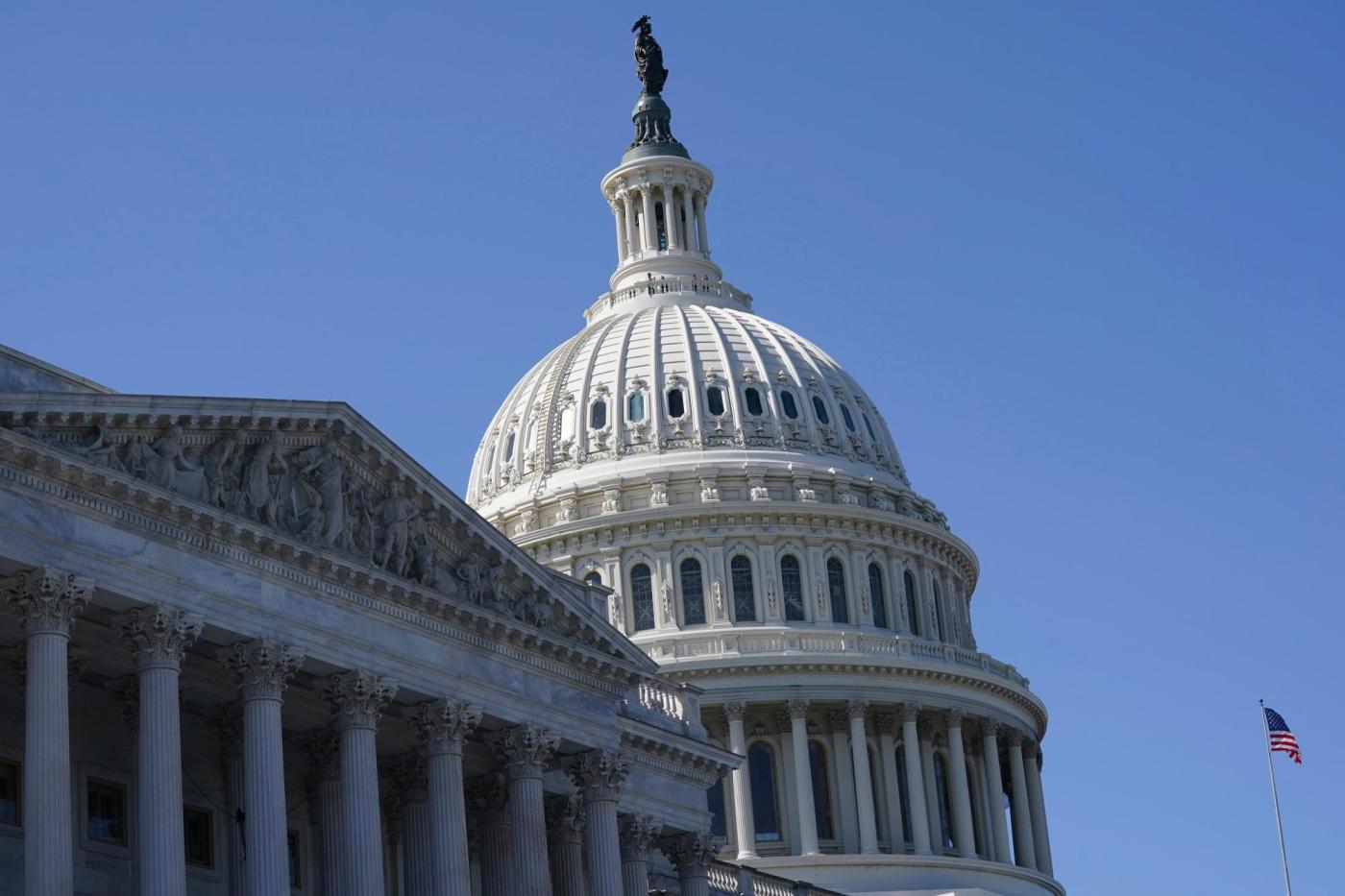College Graduates Face Tough Competition from AI for Jobs

Recent college graduates are encountering significant challenges as they enter a job market increasingly influenced by artificial intelligence (AI). The rise of technologies such as resume bots and automated hiring systems complicates the traditional job search process, making it harder for young professionals to secure entry-level positions.
In a discussion with Audie Cornish of CNN, Lindsay Ellis from The Wall Street Journal highlighted how these advancements in AI are reshaping recruitment practices. For many graduates, the path to employment is not just about showcasing skills and qualifications but also navigating a digital landscape dominated by algorithms that can filter applications before a human ever sees them.
AI’s Role in the Hiring Process
Automated hiring systems are designed to streamline recruitment, but they often disadvantage new entrants to the job market. These systems use algorithms to analyze resumes, prioritizing certain keywords that align with job descriptions. While this can speed up the hiring process for employers, it poses a barrier for candidates who may not have the experience to tailor their applications effectively.
According to Ellis, many graduates find that their resumes are filtered out by these bots, regardless of their qualifications. This means that even well-prepared candidates may not make it past the initial screening. The reliance on technology means that the human element of recruitment is often diminished, reducing opportunities for personal connection and nuanced evaluation.
The Impact on Job Seekers
The implications of this trend are profound. Graduates who might have found positions through networking or direct applications are now competing against automated systems that prioritize efficiency over individuality. This shift has contributed to a sense of disillusionment among young professionals, who may feel their skills and potential are overlooked.
Statistics indicate a growing number of graduates are struggling to find work in their fields. As of 2023, the unemployment rate for recent college graduates remains a concern. While many have the educational background and enthusiasm needed for entry-level roles, the increasing prevalence of AI in hiring processes complicates their chances of success.
Ellis emphasizes the importance of adapting to this new reality. Graduates are encouraged to familiarize themselves with the technologies used in recruitment and to understand how to optimize their applications to meet the criteria set by automated systems. This may involve revising resumes to include specific keywords or utilizing platforms that help them navigate the application process more effectively.
As the job market continues to evolve, it is clear that both graduates and employers must adapt to the changing landscape. For young professionals, the challenge lies not only in proving their worth through traditional means but also in mastering the tools that define contemporary recruitment. The intersection of education and technology will play a crucial role in shaping the future of work for recent graduates.
In conclusion, while AI presents new hurdles for college graduates entering the workforce, understanding and leveraging these tools may enhance their chances of success. The evolving job market demands adaptability, resilience, and a willingness to learn, qualities that many young professionals possess in abundance.






